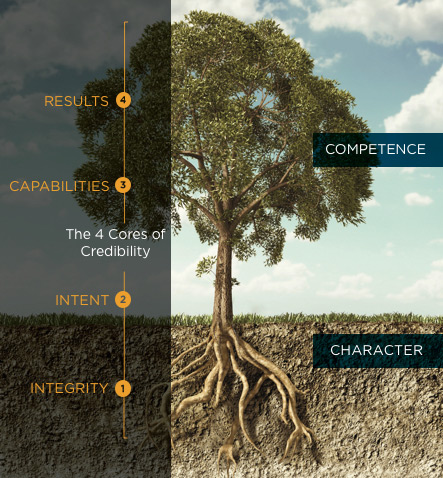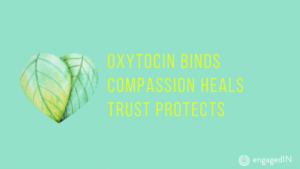Is trust earned or is it given? Most of us are split on this and it is often a ‘gut feel’ that provides us the answer. A lot of it has to do with our life experiences, which leads us to our mental shortcuts.
When it comes to assessing someone’s character and their integrity, I firmly believe we have to start with trusting ourselves. Another school of thought suggests that ignoring your ‘gut instinct’ could in fact benefit you and your future relationships in this instance.
First let me tell you a story of my experience – I have worked for two types of organisations as an individual contributor and a leader. One had very little in terms of approval processes, namely because we grew quickly and we did not seem to need them – our people did the right thing. The other would not let me buy a pencil without an approval from my boss, and I will not even begin to tell you what it was like to try to get something bigger accomplished like bringing a new client on board, and signing a new contract – a much larger challenge internally than actually convincing the customer to buy. So, all we did was cheat the system.
Knowing what I now know about the ways in which our brains work, I am certain that both organisations just got what they managed for. The first treated us like adults, showing up to work every day, with good intentions. And you know what, in the vast majority of cases we did. The second was fearful that we’d “cheat”, and so it micromanaged and prescribed every single step we took. And so what did we do – we rebelled and got around the system, all the time.
And no, before you ask – it was not the case that my first organisation just had “better” people with higher standards of integrity. We were simply normal people trying to self-actualise (thank you Maslow) and do our jobs. Think about other examples in your personal life – kids whose parents are extremely strict have a funny tendency to rebel, and romantic relationships that are controlling can end up with someone misbehaving.

Stephen M.R. Covey’s Speed Of Trust model
An important thing to do when you talk about trust in a work relationship is to separate someone’s character (the core of them as a human being) from their competency (ability to do the job). I love Stephen M.R. Covey’s Speed Of Trust model on this. I think this is an area where we get unstuck. Those two things are completely different and we need to treat them like they are.
One of the main models that research on the social brain has produced is the mechanism of the “threat and reward” responses that seem to drive most of our behaviour. David Rock’s famous SCARF model is based on this premise as well. Our brain seems to have the same response to a socially “threatening” situation as it would when it was genuinely trying to survive – running away from predators in the past, or avoiding a car speeding at us, just at a lower rate. Amygdala, the region of our brain responsible for the primal responses of fight or flight, activates in these tricky social situations.
So, if we look at the simple concept of trust (one of the most important factors in human relationships) and view it in terms of that threat response, the picture looks a bit like this:
- When we interact with a person that does not trust us – does not believe our “word” and our integrity – the core of who we are we are feels under “threat”. The person needs to control us, they put processes in place to manage our behaviour, and that can’t feel like anything but insulting and threatening to the core of who we are. So what is our evolutionary, unconscious response going to be? To mange our threat. Or in other words we find our way around controls, the rules and the processes. We inadvertently “cheat”, even in a small way.
- This then gives the person evidence that we are not “trustworthy” and the control and the signals of lack of trust just amplify, and so does our response. And the cycle viciously feeds itself.
- We reap what we sow.
You can see how if this whole interaction began in a different manner, it would actually produce a completely different cycle. Person who feels trusted, feels the need to fulfil that picture and vision of themselves. The Pygmalion Effect in psychology talks about people who have high expectations of us, tend to want to live up to them, and push themselves way more than normal. We all, in the end want to be the best version of ourselves, so when someone approaches us with the respect of trusting our integrity from the get go, we want to live up to it.
Let me be clear – I am not saying that as a leader you need to just let go, and blindly trust people. I would argue that your job is to ensure that someone has the capability to do their job, and you can position your conversations that way. If anything that is what is expected in a manager- individual contributor relationship.
But when it comes to their character, their integrity – start with trust. Think about the signals you convey and how you show trust. Make sure they are positive and that people feel you are starting with the assumption of their integrity, and from everything we have learned – people will step up – they will act with that integrity.
So give it a go, it may be uncomfortable at first for some of us, and that is ok, but I promise, you will reap what you sow.
Connect with us to find out what flex could look like in your organisation or contact Juggle Strategies Co-Founder, Maja Paleka directly at maja.paleka@jugglestrategies.com.au



